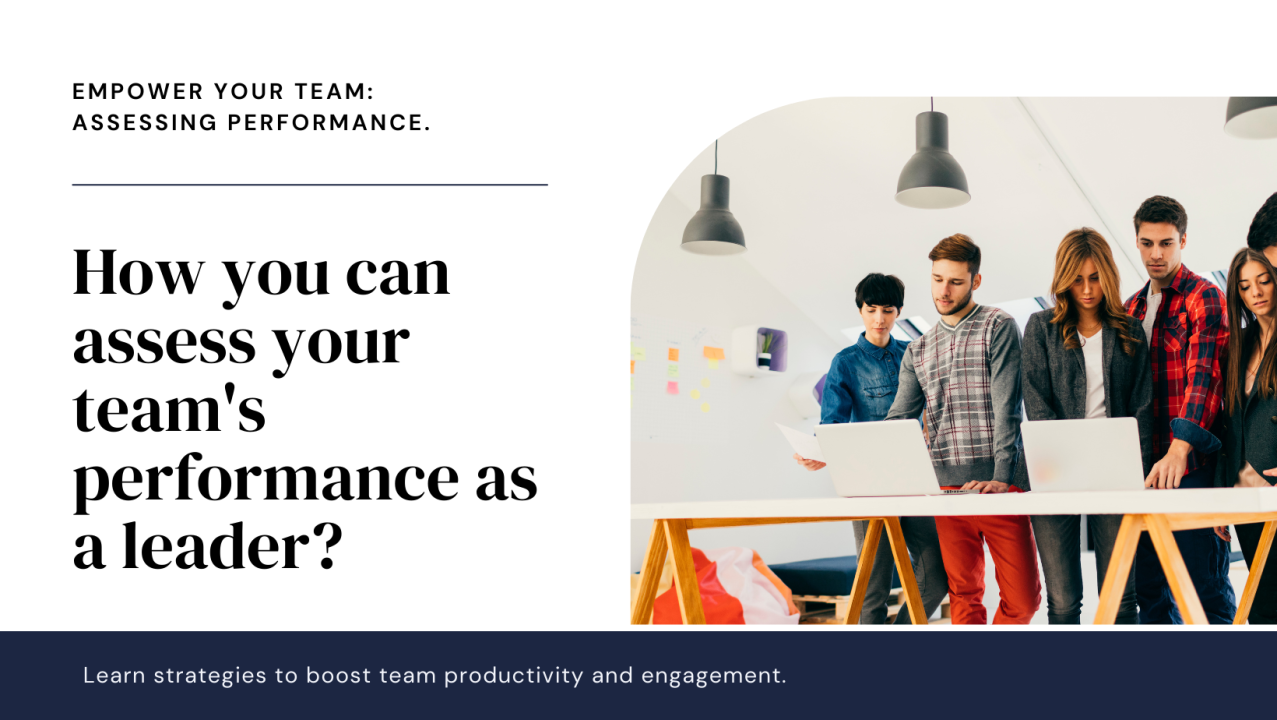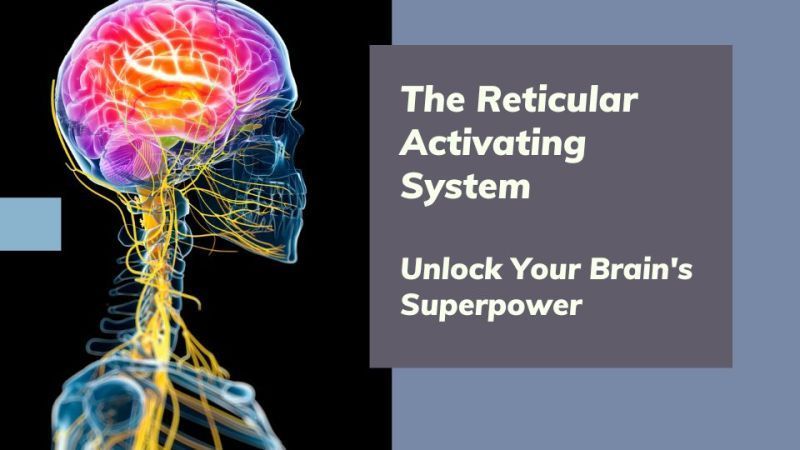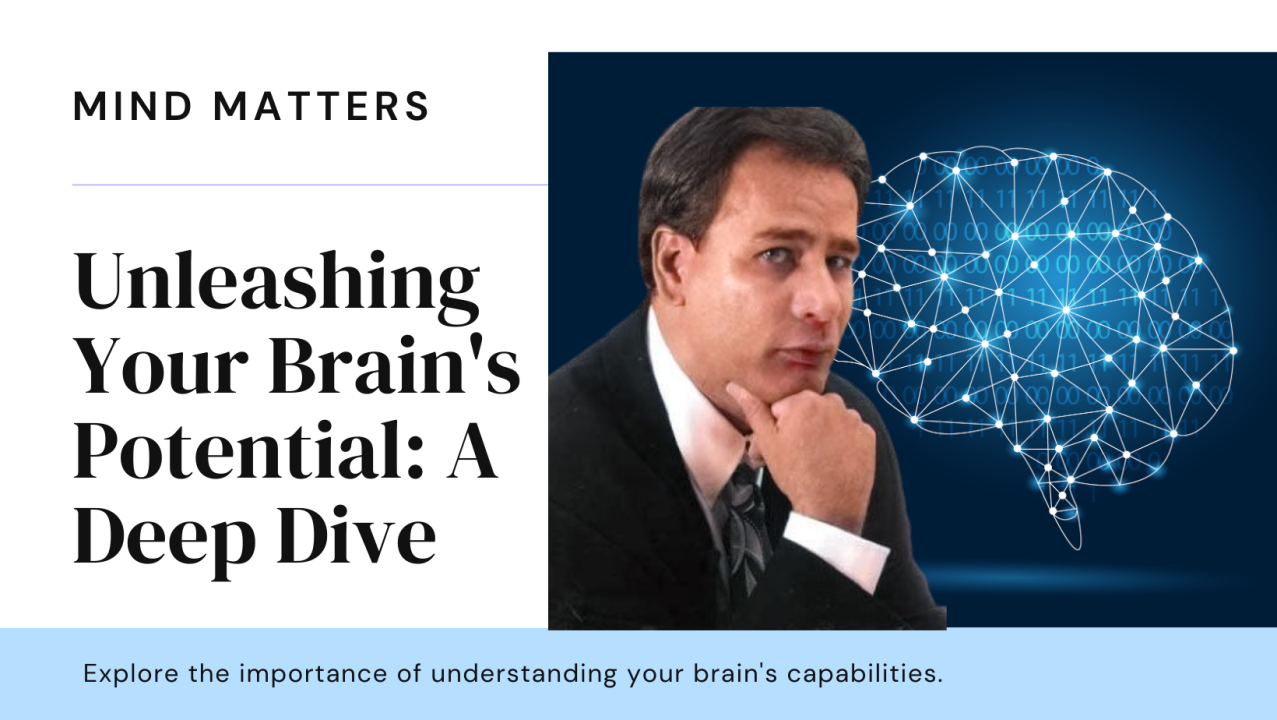How you can assess your team's performance as a leader?

As an experienced leader, I've learned that the success of our endeavors largely depends on the collective performance of our team.
But how do we accurately assess and improve this critical asset?
The key lies in a proactive and insightful approach to performance assessment.
By leveraging my background in leadership and cognitive neuroscience, I utilize strategic expertise and a deep understanding of human behavior to effectively evaluate and elevate our team's performance.
Here’s how I do it:
1.Setting Clear, Achievable Goals
I start by defining clear and measurable objectives that align with our organization's goals.
These objectives are SMART—specific, measurable, achievable, relevant, and time-bound.
I continuously track our progress toward these goals and provide feedback to ensure everyone is aligned and motivated.
This not only helps in measuring success but also directs our collective efforts effectively.
1.Implementing Continuous Feedback
Rather than relying solely on annual reviews, I've established a system for continuous feedback.
Regular check-ins allow us to make adjustments on the fly and address issues as they arise.
This dynamic approach keeps us agile and focused and aligns with the concept of neuroplasticity—the brain’s ability to adapt to changes.
1.Utilizing 360-Degree Feedback
I incorporate 360-degree feedback to get a comprehensive view of our team’s performance.
This method includes input from supervisors, peers, and subordinates, providing a broader perspective on each individual's performance and fostering a culture of transparency and mutual respect.
1.Leveraging Behavioral Assessments
Using my expertise in cognitive neuroscience, I conduct behavioral assessments to understand the underlying behaviors driving team members' performance.
These insights are crucial for optimizing team dynamics and enhancing overall performance.
1.Focusing on Development Opportunities
Assessment isn’t just about identifying gaps; it’s also about recognizing growth opportunities.
I use my knowledge of intra-focal therapy and neuro-linguistic programming to tailor personal development plans that align with each team member’s strengths and areas for improvement.
1.Measuring Impact on Business Outcomes
Finally, I assess how individual team performance impacts broader business outcomes.
This ties the assessment process back to tangible results, providing a clear picture of how team dynamics directly affect the company's bottom line.


